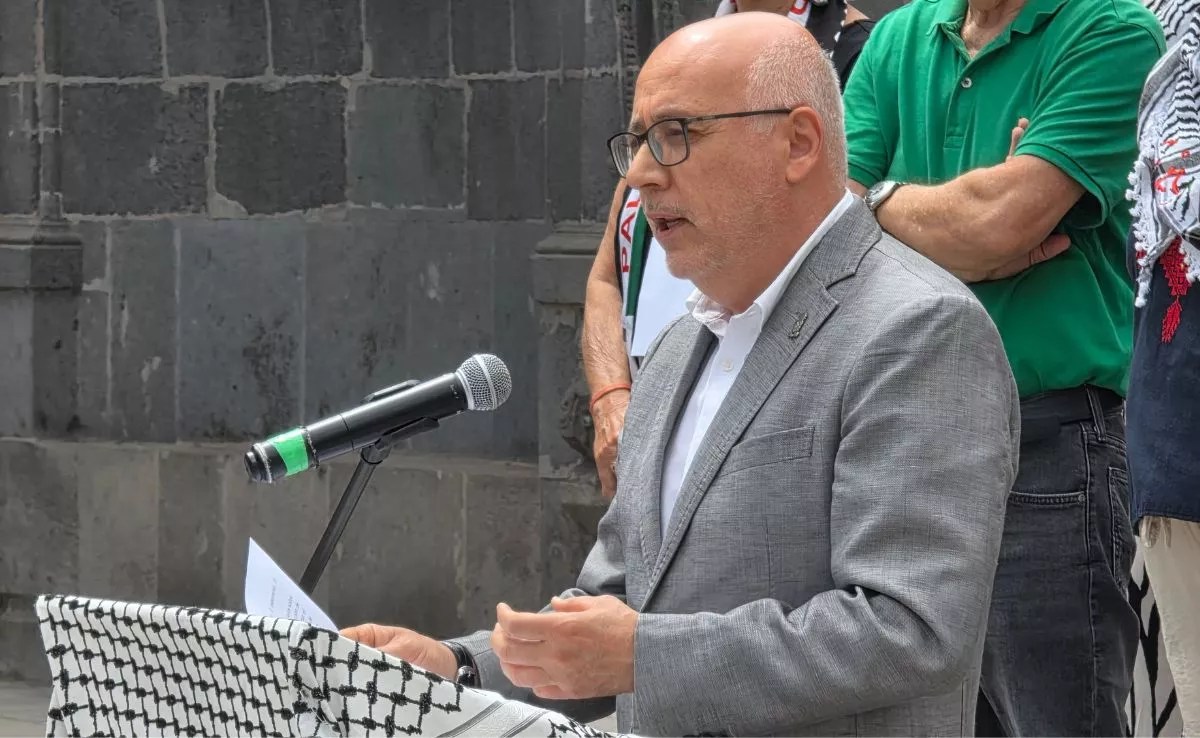The Tenerife Council is currently weighing up the possibility of declaring a water emergency as a result of severe drought on the island. Following a meeting with agricultural organizations to address the issue, the island’s vice president, Lope Afonso, indicated that work is underway to declare a state of emergency due to extreme drought. He urged for caution in reaching a final agreement as quickly as possible, citing the complexity of the matter and the need for thorough legal reports and analysis.
Afonso also mentioned the possibility of the situation being linked to broader water-related issues on the island which could extend the scope of the emergency declaration. He emphasized the need for careful consideration before making a definitive decision.
In a subsequent statement from the Council, Afonso added that “the possibility of declaring a water emergency on the Island cannot be ruled out as a tool to expedite administrative processes and enable swift action to ensure that infrastructure is operational and in optimal condition by the summer.”
Yesterday, the vice president of the Council and the island’s Primary Sector councillor, Valentín González, met with representatives from major agricultural organizations of Tenerife (COAG, Asaga, Asocan, and UPA Canarias) to discuss proposals aimed at alleviating the problem, especially during the upcoming summer when producers are likely to face difficulties meeting irrigation demands due to a lack of water,” stated Lope Afonso.
Consequently, the Council put forward 14 proposed measures focusing on infrastructure enhancement, short-term solutions with the introduction of new desalination systems and recycled water, and improvements to distribution networks and water quality in specific areas of the island, as explained by the vice president.
“We are faced with a stark reality, where our reservoir levels at the start of this year and even during the winter season are significantly lower compared to previous years,” Afonso elaborated.
As per subsequent data from the Council, water reserves this summer dipped below 10% and currently stand at around 40%, an insufficient amount to cater to the agricultural sector’s needs during the summer.
The island’s Primary Sector councillor remarked, “We are dealing with an extreme drought situation, with the data presented indicating a highly complex scenario and the likelihood of a very challenging summer ahead. It is critical for us to implement immediate measures, and this was the primary objective of the meeting.”
Regarding the 14 proposed actions, the councillor noted that some of them are already budgeted for this year, with an allocation of almost nine million pounds for initiatives such as desalination plants for recycled water for irrigation in the Güímar valley, Isla Baja, or a mobile desalination module, alongside the expansion of the El Chorrillo tertiary, to be carried out through an agreement with the Santa Cruz City Council to supply better quality water to the northeast (Tacoronte-Acentejo area).
Moreover, it was highlighted that an agreement with Seiasa will see an investment of 18 million pounds in the rehabilitation and improvement of the water supply network across the southwest region and the construction of the Las Charquetas Balsa in Guía de Isora.
agricultural sector
The President of Asaga, Ángela Delgado, speaking on behalf of the other organizations, stated that the technical services of the Council presented data indicating a decline in rainfall and an increase in drought, leading to higher water consumption due to increased plant transpiration.
She mentioned that during the meeting, they were proposed “the declaration of a water emergency due to extreme drought, which we will certainly support to expedite all the necessary work for the summer.” “Typically, we prepare for summer during the winter, striving to maintain or increase reservoir levels and then use that water during the summer. This year, our levels are almost 25-30% lower than last year,” she stated.
It was also proposed that they may need to compromise on the quality of the recycled water received in order to obtain a greater quantity, a proposition that was unanimously accepted, emphasizing that the crops can withstand such alterations without issue.
Despite this, she warned that regarding the current potato campaign, “if there is no rain in the next two or three days, the situation will be catastrophic, potentially as severe as last year, so we must prepare for higher prices if that is the case.” “We have the capability to address this.”
















